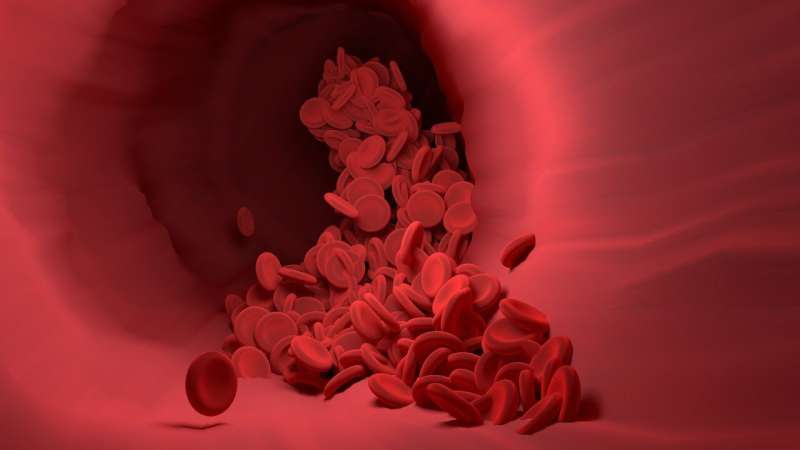The study, published in Nature Communications, has identified a group of proteins known as the GATOR1 complex as essential tumor suppressors.
The GATOR1 complex normally functions as a “brake” on cellular growth by regulating pathways that control cell growth and metabolism. When GATOR1 components are lost or defective, this protective mechanism fails, allowing cells to grow uncontrollably.
The research was led by Dr. Margaret Potts, Dr. Shinsuke Mizutani, and Dr. Yexuan Deng, under the supervision of Prof Marco Herold, Prof Andreas Strasser (WEHI), and A/Prof Kristin Brown (Peter Mac), in a collaboration between the Olivia Newton-John Cancer Research Institute (ONJCRI), WEHI, and the Peter MacCallum Cancer Center.

